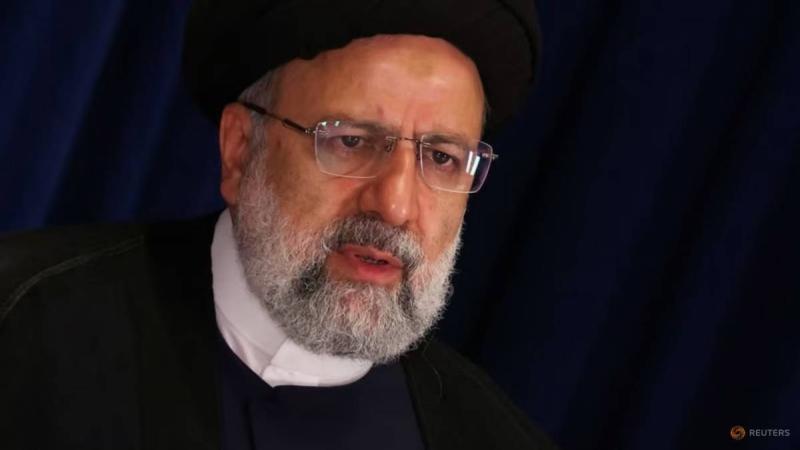Iranian President Ebrahim Raisi stated that his country has no objection to inspections by the International Atomic Energy Agency (IAEA) of its nuclear sites. This announcement follows Tehran's recent decision to exclude several IAEA inspectors assigned to work in the country. Raisi remarked at a press conference on the sidelines of the United Nations General Assembly, "We have no problem with inspection operations, but the issue lies with some inspectors... Trustworthy inspectors can continue their work in Iran."
This move by Iran came after a coalition led by the United States, Britain, France, and Germany called on Tehran to cooperate fully with the IAEA regarding issues, including clarifying the presence of uranium traces found at undeclared sites. Raisi explained that the decision was a response to some unfair statements made by Western members of the IAEA. IAEA Director Rafael Grossi criticized Iran's action, describing it as "disproportionate and unprecedented."
It is noteworthy that the action taken by Tehran, known as "de-designation" of inspectors, is permitted, and member states generally have the right to protest specific inspectors' visits to their nuclear facilities under the Treaty on the Non-Proliferation of Nuclear Weapons and each country’s safeguards agreement with the agency governing inspections.
### Relations with Egypt
Raisi mentioned that the meeting between the foreign ministers of Iran and Egypt in New York could pave the way for restoring relations. He added that "the Islamic Republic sees no obstacle to establishing relations with Egypt. This has also been communicated to the Egyptian side," noting that "the meeting of the two foreign ministers today could also mark the beginning of relations between the two countries and their revival."
Egyptian Foreign Minister Sameh Shoukry received his Iranian counterpart Hossein Amir-Abdollahian on Wednesday at Egypt's permanent mission to the United Nations in New York. Amir-Abdollahian stated that strengthening relations "will serve mutual interests," while Shoukry emphasized the importance of cooperation with all countries in the region to face ongoing instability.
Relations between Egypt and Iran have generally been strained in recent decades, although the two countries have maintained diplomatic communications. Some Middle Eastern countries, including Egypt, have taken steps to ease regional tensions in recent months.




